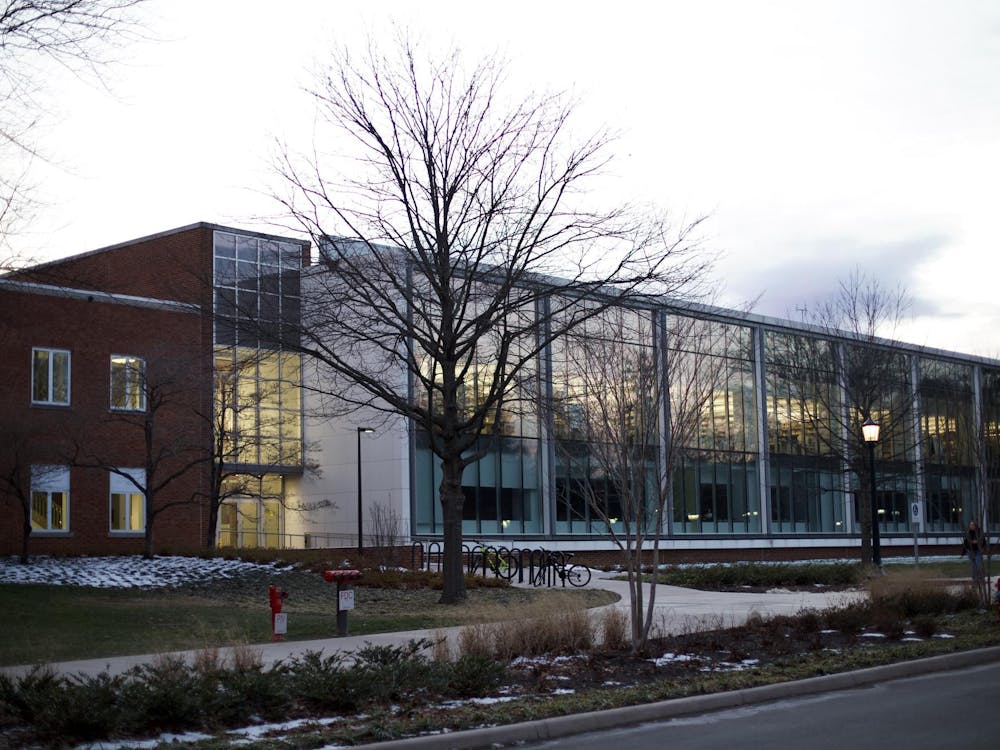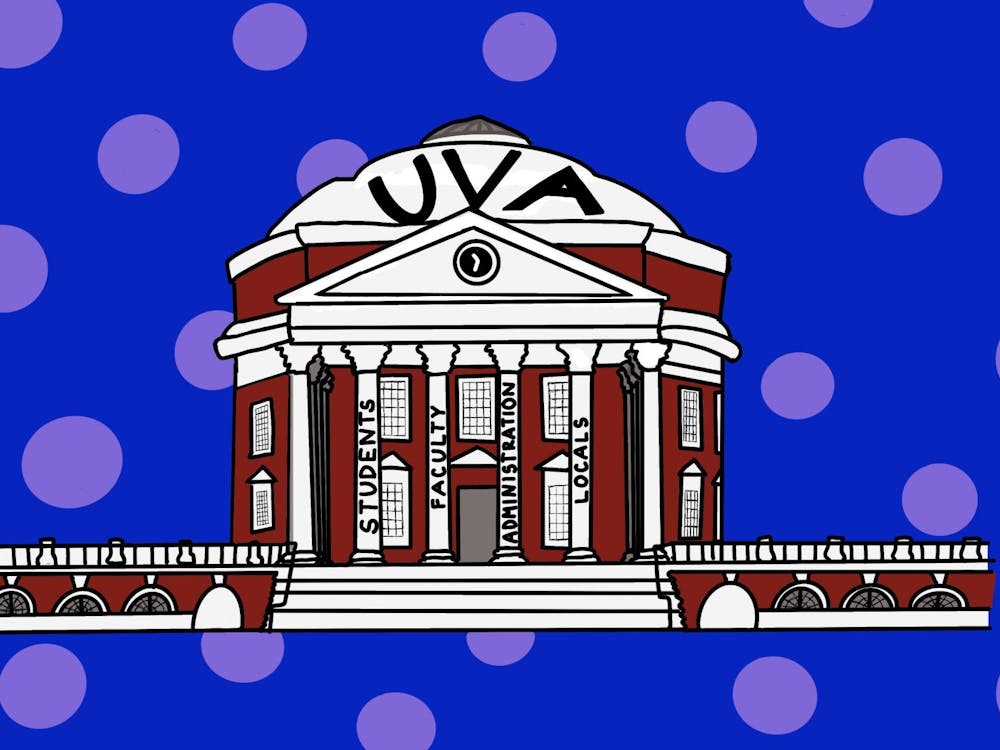A couple of weeks ago, the editorial board wrote a piece arguing the University should cancel classes on Nov. 8 in order to promote civic engagement. The piece argued that by freeing up commitment-heavy schedules for students, voter turnouts would increase among University students. Reducing inconveniences around voting is certainly an important step in increasing voter turnout and ensuring even people who are informed and want to vote are able to do so. However, canceling classes for Election Day will not make a big enough difference in young voter turnout to warrant doing so.
The editorial board mentioned in its piece that “the more students are exposed to active messages that voting is a University value and a cultural norm, the more inclined they will be to show up on Nov. 8.” On this particular front, the editorial board is certainly correct, although the onus to create a cultural norm shouldn’t fall completely on the University. First and foremost, the University has a responsibility to educate its students. If it wants to encourage those students to vote, it simply needs to send information about polling station locations and how to get there to the student body. Additionally, it needs to emphasize the importance of civic engagement. Besides, unless you’re physically in class from 7 a.m. to 6 p.m. straight, you should be able to take the time out of your day to vote. While those who value voting will find the time and means to happily do so, those who simply don’t care to vote (whether due to lack of apathy or disdain for both major party candidates) might just end up using the day to party and do nothing.
Since it doesn’t actually take the whole day to vote, even those few who do vote due to the University’s emphasis on voting by cancelling class will have the majority of the day to also do nothing. I understand students have other responsibilities and that worry about polling places having long lines may make them unsure of how much time to allot for voting, but this is where the role of students can come into play. Extracurricular activities that meet on Nov. 8 only need to cancel their meetings for one day and encourage their members to take part in the election. Unless Election Day is made a national holiday, as many have proposed, we shouldn’t expect the University to do so.
As the editorial board’s article mentions, college-aged voters vote the least out of all age demographics. While it may be easy to chalk this statistic up to apathy, I find the claim that “three in four millennials sometimes or never trust the government to do the right thing” to be much more explanatory. With this distrust in government in mind, it becomes harder to view simply cancelling classes as being able to have that great of an impact.
A much more feasible alternative would be putting a polling place on Central Grounds, as my fellow columnist Jesse Berman proposes. This solution would allow busy students who want to vote to do so more easily without imposing on the University’s obligations. At the same time, it would give voting more of a presence, potentially combating apathy or distrust in the system more effectively as students see their friends voting.
Finally, as noted in the same NPR piece referenced by the editorial board, millennials influence elections but don’t participate in them. Given the way people our age use their social media platforms to decry and spread awareness about what is wrong with the government, it is hard to feel bad for them then when they don’t then use that awareness to actually vote. Rather than simply using social media as a means of complaint, millennials, as well as voter engagement groups, should focus more on using it as a way to communicate the importance of voting. This has far more potential to impact how millennials view the government and the voting process.
Going to class and voting should both be valued enough not to be seen as inconveniences, even with respect to one against the other. While I understand students’ schedules are often filled to the brim with commitments, academics shouldn’t be cancelled and don’t present enough of an inconvenience to keep students who want to vote from doing so anyways. Voting also should not be seen as just an inconvenience pulling them away from a club meeting. The most effective way to combat this is for student clubs themselves to encourage their members to do vote. Other efforts, such as establishing a polling place on central Grounds or even same-day registration, are both more feasible and more likely to make an impact on voter turnout.
Alyssa Imam is an Opinion columnist for The Cavalier Daily. She can be reached at a.imam@cavalierdaily.com.





